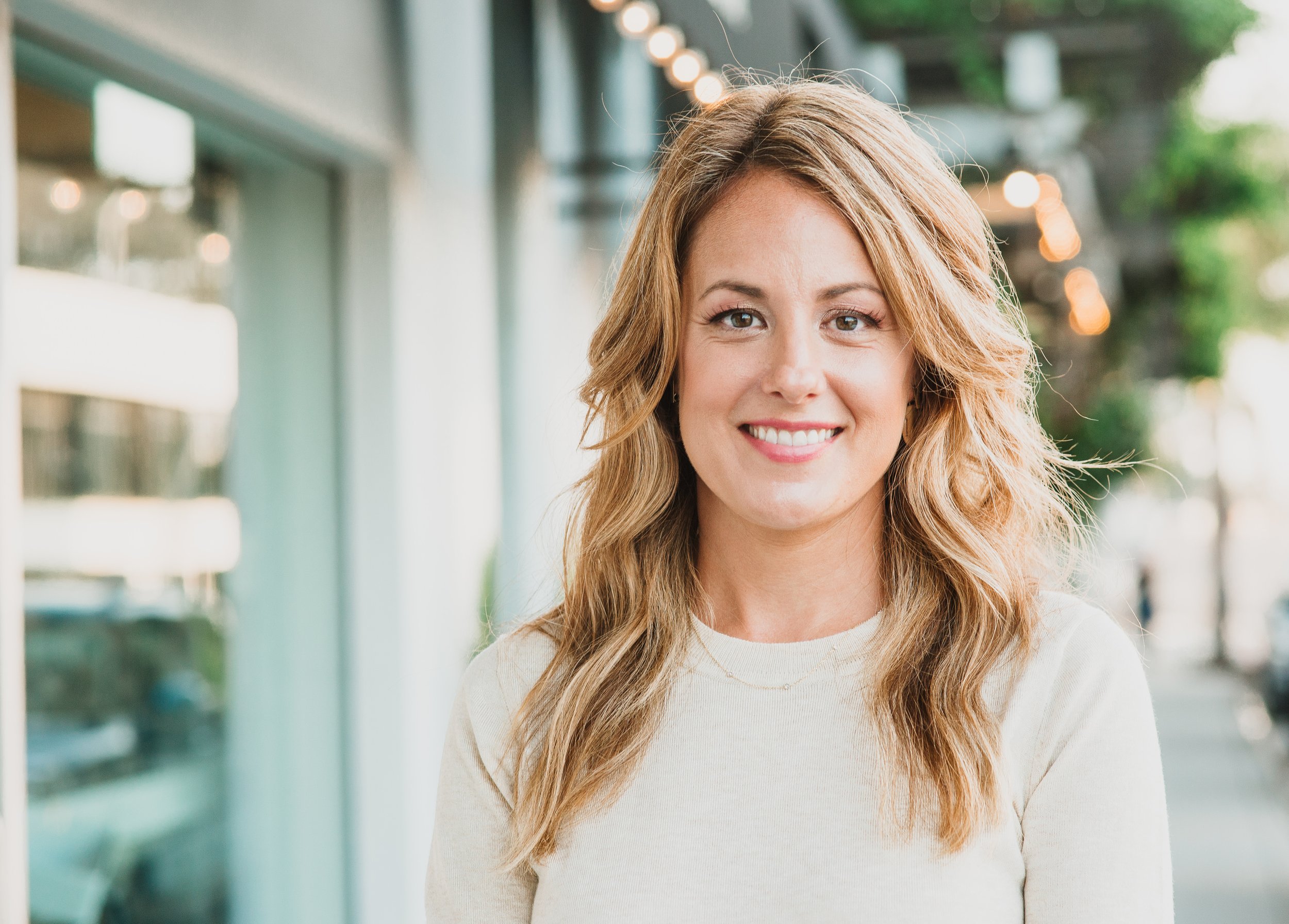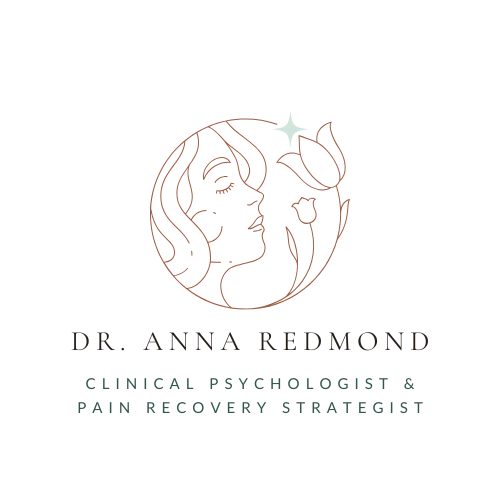MEET THE FOUNDER & CEO
Hi, I’m Dr. Anna Redmond
I'm a clinical psychologist helping women move beyond chronic pain through neuroplastic recovery and evidence-based mind-body methods.
I know what it’s like to do everything “right” and still feel trapped in your body, and I’ve made it my mission to help women change that.

Pain isn’t just physical. it is the body’s way of protecting what it no longer feels safe to trust.
When traditional care fell short, I knew women needed something more.
For years, I watched women work tirelessly on their health - following every plan, pushing through flare-ups, and still feeling stuck.
Traditional treatment often focused on either the body or the mind, but rarely both. It missed how the brain’s protective systems can keep pain wired in long after the body has healed. The missing piece isn’t effort; it’s the integration.
My work bridges that gap: helping women teach their brains safety again so their bodies can finally relax, recover, and rebuild trust.

Degrees and Certifications:
Psy.D. and MA in Clinical Psychology at Roosevelt University in Chicago, IL
Board Certification in Biofeedback through the Biofeedback Certification International Alliance

Areas of focus:
Mindfulness for stress and chronic pain
Cognitive Behavioral Therapy for Chronic Pain
Acceptance and Commitment Therapy for Chronic Pain
Motivational Interviewing
Pain neuroscience education
Stress management
Relaxation techniques
Energy management

Educated patients with:
Chronic headaches, tension and migraine headaches
Fibromyalgia
Chronic neck and back pain
Chronic stress, depression, and anxiety
Longstanding, unexplained pain disorders
Myofacial Pain Syndrome
Chronic Pain Syndrome and central sensitization

Developed:
An interdisciplinary pain program modernized and customized to help veterans with persistent and complex chronic pain experiences
Pain psychology programs at a VA hospital, bringing together the best non-pharmacological options for veterans experiencing chronic pain
Integrated individualized programs for complex chronic pain experiencers
© 2024 | Anna Redmond, LLC | drannaredmond.com
